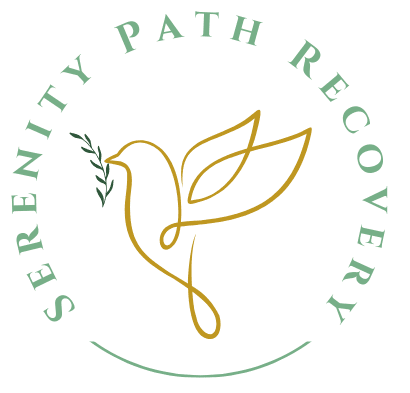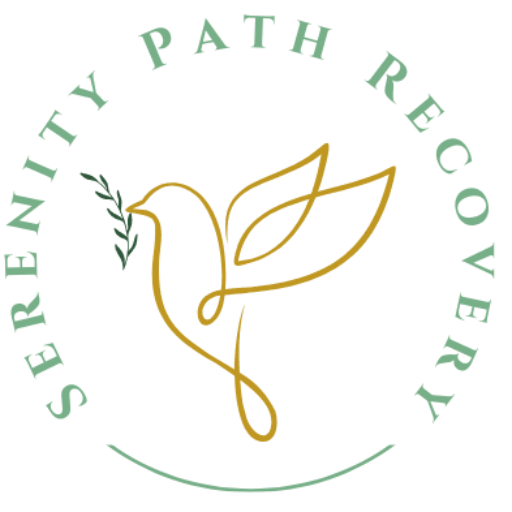What Are the Signs of Alcohol Abuse?
Alcohol is one of the most commonly used substances in the world—but when casual drinking turns into alcohol abuse, the consequences can be devastating. At Serenity Path Recovery, we understand how difficult it can be to recognize when alcohol use has crossed the line. Alcohol abuse doesn’t always look like daily drinking or obvious intoxication. In many cases, it starts subtly and escalates over time.
Whether you’re concerned about your own habits or someone you care about, understanding the signs of alcohol abuse is the first step toward meaningful change and recovery.
What Is Alcohol Abuse?
Alcohol abuse occurs when a person drinks in a way that causes harm to themselves or others—physically, emotionally, or socially. It may involve binge drinking, drinking to cope with stress, or continuing to drink despite negative consequences.
While not everyone who drinks heavily is addicted, alcohol abuse is a warning sign that a person is at serious risk for developing alcohol dependence or addiction (Alcohol Use Disorder, or AUD).
Common Signs of Alcohol Abuse
1. Drinking More Than Intended
You set limits on how much you’ll drink—but regularly exceed them.
2. Difficulty Cutting Back or Stopping
Despite wanting to reduce or stop drinking, you find it hard to do so without help.
3. Neglecting Responsibilities
Work, school, or family obligations begin to suffer as a result of drinking.
4. Increased Tolerance
It takes more alcohol than before to feel the same effects.
5. Drinking to Cope
You use alcohol to escape stress, anxiety, depression, or emotional pain.
6. Loss of Interest in Activities
You no longer enjoy hobbies or social events unless alcohol is involved.
7. Relationship Problems
Arguments with family, friends, or partners are increasingly centered around alcohol use.
8. Engaging in Risky Behaviors
You drive under the influence, have unprotected sex, or put yourself in dangerous situations while drinking.
9. Withdrawal Symptoms
You feel shaky, irritable, nauseous, or anxious when you haven’t had a drink.
The Hidden Impact of Alcohol Abuse
Alcohol abuse doesn’t just affect the person drinking—it affects their loved ones, work life, physical health, and mental stability. Over time, it can lead to:
Depression and anxiety
Liver damage and other chronic health conditions
Financial and legal issues
Isolation and strained relationships
The progression to full-blown alcohol addiction
At Serenity Path Recovery, we believe early intervention can prevent these outcomes—and empower individuals to take back control of their lives.
When to Seek Help
If any of the signs above feel familiar, it may be time to speak with a professional. The earlier you seek help, the more successful your recovery journey can be.
At Serenity Path Recovery, we provide:
Personalized treatment plans tailored to your needs
Evidence-based therapies to address underlying causes
Holistic wellness programs that support physical and emotional healing
Compassionate, judgment-free care from experienced professionals
Whether you’re exploring sobriety for the first time or have tried to quit before, we’re here to support you—every step of the way.
Final Thoughts
Alcohol abuse is more common than many people realize—but recovery is always possible. Recognizing the signs is the first and most courageous step toward lasting change. At Serenity Path Recovery, we’re committed to helping individuals and families heal, rebuild, and thrive in sobriety.
If you or someone you love is struggling with alcohol, don’t wait for things to get worse. Help is available—and a healthier, more peaceful life is within reach.

